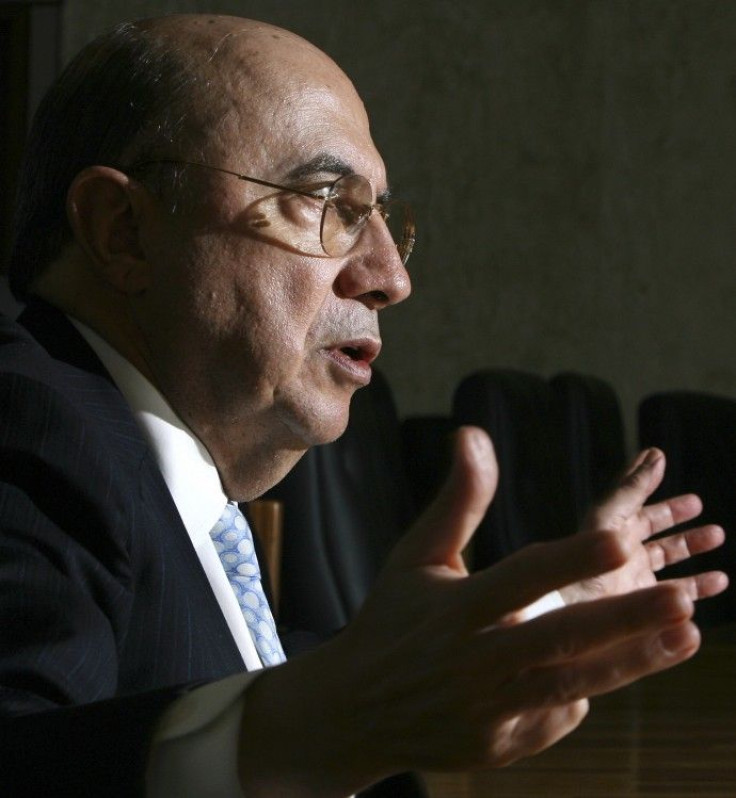Brazil surges ahead in top executive salaries, but lags in perception

Top executives in the Brazilian financial capital of Sau Paulo are reportedly earning higher salaries than their counterparts in the global financial powerhouses of New York, London and Hong Kong, according to a survey by Brazilian executive search firm Dasein.
The findings of the survey, based on information from 80 multinational executives based in Brazil, Hong Kong, London and New York show that Brazil offers the highest base cash compensation ($243,000 USD) among these, followed by New York ($213,000), London ($179,000), and Hong Kong ($97,000). A recent Reuters report that upholds the survey results further points out that a chief executive in Brazil's financial capital Sao Paulo can expect to earn $620,000 a year on average, excluding bonuses, which is significantly more than the $574,000 average salary of top bosses in New York and $550,000 in London.
The phenomenal appreciation of the Brazilian Real against the dollar has also pushed up the dollar value of salaries, explains the report.
Interestingly, however, a finding from a parallel survey revealed by Christian Pielow, marketing manager at the New York-based executive search agency AESC, shows that while Brazil's impressive showing in C-level salaries has left its developed counterparts lagging considerably, the country still has some catching up to do where perceptions among the executive group are concerned.
In his blog on the Dasein website, Pielow writes about the survey by Bluesteps, the career management service of the AESC. 42 C-level executives were asked as part of the survey to rank the above destinations in terms of perceived compensation offered at senior management levels. 82 percent of respondents ranked Brazil last. New York was the most attractive destination in terms of salaries according to the poll, with 50 percent respondents identifying it as the highest paying business center.
Brazil has had one of the earliest and fastest recoveries from the global economic downturn and is indeed the driving force behind the growth of the entire Latin American region. Productivity, consumer sentiments and foreign investment have all been extremely positive and as early as the second quarter of 2009, the Brazilian economy had registered a year-on-year expansion of 9 percent - an incredible figure by the standards of contemporary lackluster growth in the developed world.
Naturally, given the high growth rates and continuing expansion of firms, the demand for talent at the top level is also reaching unprecedented highs. However, because of the traditional shortcomings of the Brazilian university system, the consequent dearth of home grown talent, plus the flight of indigenous talent to more developed economies during the vulnerable past, there is an acute shortage of talent for top positions today.
© Copyright IBTimes 2024. All rights reserved.











